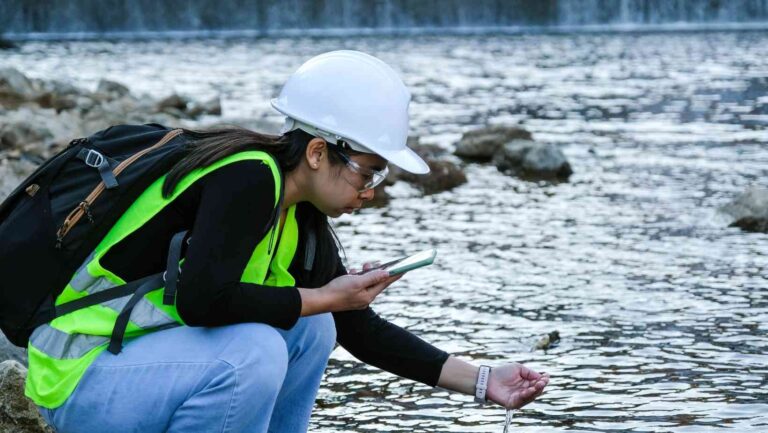How recruitment technology has changed the way we look for work
In the last 12 months, the rise in recruitment technology has changed the way we look for work, interact with employers and start a new job.
Whilst software for video interviews and online testing have been around for a while, the past year has meant businesses have needed to embrace the change. Many of these are now here to stay so it’s important for today’s jobseekers to make sure they’re onboard with what’s new.
We take a look at the top 3 tech trends that have changed your job search now and what could be coming up in the future.
#1 Video Interviewing
Now: Whether due to government restrictions on travel or a rise to home-working, more and more employers are now using video interviews to conduct remote assessments with potential job applicants. It allows them to save time and costs, as well as increasing the diversity of their teams and reaching out to a variety of applicants that they may not be able to find without technology.
Many of us have become accustomed to Zoom or Teams meetings, but Skype and Google Hangouts are also frequently used. Some employers will opt for Facetime or WhatsApp too due to its preference with younger applicants in particular. If you have a video interview coming up, check out our top tips here.
In the Future: Looking ahead, the use of video technology may be extended throughout the application process. Some employers are already starting to produce video job advertisements to showcase their employer brand and build engagement with aspiring recruits. The use of digital avatars for both candidates and interviewers is also used by some tech companies to reduce bias.
Some hiring processes require a video CV or recorded presentation as part of their application form. With many employers now choosing to recruit based on values, culture and soft skills rather than just experience, video CVs and application forms could well become the norm in the next few years.
#2 Online Testing
Now: If your interview process has all been done online and your employer hasn’t been able to meet you in person, they may carry out additional checks such as online testing. Online tests have been around for a while, but they’ve started to be used more frequently to give employers peace of mind that they’re making the right hiring decision.
Tests may be a simple psychometric or personality test to gauge whether you have the right ‘fit’ for the company or team. They may include an aptitude test to assess your basic Maths, English or IT skills, or perhaps something more in-depth to make sure you have the specific skills required.
Don’t worry if tests aren’t your thing. Often, they make up only a small part of the decision-making process and can be an opportunity to identify strengths that were missed during the interview or areas for development in your new job.
In the future: The biggest upcoming tech trend in recruitment is the use of artificial intelligence (AI) to screen applicants. Manual screening of CVs is time-consuming and subject to personal opinions, but with natural language processing (NLP), the best applicants can be identified quickly with anti-bias algorithms.
Predictive analytics and recommender systems that provide recruiters with additional insights on candidates’ suitability for the job are also on the rise.
#3 Social Media Recruiting
Now: Most of us are already using social media in some way within our jobs search. Whether it’s to search and apply for jobs on Facebook, find out about careers events or hiring campaigns on Twitter, or to research organisations prior to interview.
More and more employers are now using social media to advertise jobs, receive applications and even to complete recruitment checks on candidates as part of the interview process. Just remember to check the settings on your account so you can choose what your future employer can and can’t see about your posts, photos and history.
In the future: with over two-thirds of jobseekers using mobile devices and on-the-go interactions to look for work, recruiters will increasingly try to capture users’ attention on social media platforms. Videos, hashtags, advertorials, trending campaigns and eye-catching content will be relied upon by employers to promote their job content to new audiences.
This also allows organisations to build bespoke and targeted content around individual preferences and the ideal employee experience. With applicants wanting to work for a company they can be proud of and with strong social values, companies will invest in tech trends that allow them to build their employer brand and communicate their mission, successes and employee stories.
Adapting to new tech trends
In today’s competitive job market, it’s not just IT specialists who need to keep up-to-date with the latest tech trends. With technology rapidly developing and changing year-on-year, job-seekers need to learn the new skills required to become tech-savvy to complete tasks in most sectors.
Jobs such as administration, creative, marketing, sales and other non-IT applicants, are now required to have a substantially strong tech background and experience to remain in the competition for a vacancy. However, it’s also very helpful to become familiar with recruitment technology whilst on your job hunt. It may help you land your dream job!
If you need help developing your digital skills for your next job or help with online recruitment processes, here’s some resources to help you:









